 We’re all familiar with the stereotype of the young male slacker, disinterested in looking for work and holed up in his parents’ basement, wiling away the time surfing the Web or playing computer games. Many of us have observed such behavior in our own homes. (I’m not mentioning any names.)
We’re all familiar with the stereotype of the young male slacker, disinterested in looking for work and holed up in his parents’ basement, wiling away the time surfing the Web or playing computer games. Many of us have observed such behavior in our own homes. (I’m not mentioning any names.)
Now four economists writing for the National Bureau of Economic Research have quantified how computer gaming has led to a decline in workforce participation.
Writing in “Leisure Luxuries and the Labor Supply of Young Men,” Mark Aquiar, Mark Bils, Kerwin Kofi Charles, and Erik Hurst start with the observation that younger men, ages 21 to 30, have experienced a larger decline in hours worked over the past 15 years than women and older men.
Time-use studies show a dramatic shift since 2004 in the amount of time that 21- to 30-year-olds have devoted to leisure — video gaming and recreational computer activities in particular. On average, the age cohort dedicated 2.3 hours more to leisure activities in 2012-2015 than in 2004-2007. Of that increase, recreational computing and video gaming accounted for 82% of the increase.
The big question: Are young men spending more time playing computer games because they are working less? Or are they working less because they are playing computer games more?
The authors argue that the declining cost of computer and gaming hardware, along with a revolution in online gaming, made gaming late in the decade of the 2000s more appealing to young men.
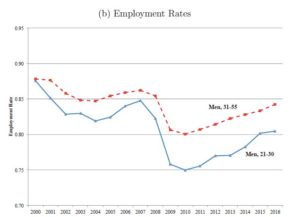
This chart shows how between 2009 and 2010, the employment rate for young men plunged much more than for those over 30.
Examining the data, the authors rule out differential changes in wages for the shift. Changes in real hourly wages for men with less than 16 years of education tracks that of their elders almost exactly. Rather, in the tradeoff between gaming/video watching and other daily activities (eating, sleeping, personal care; working, job searching, home chores, child care and education), leisure became more attractive. On average, young men spent more time with computers and less time on other things, because they found gaming to be so much more enjoyable.
To some degree, this behavior is subsidized indirectly by parents. In 2000, 23% of younger men and 34% of less educated younger men lived with a close relative, the authors write. By 2015, 35% of all younger men, and 49% of those with less education, lived with a close relative.
Young men found this working-less/freeloading-on-parents arrangement to be largely satisfactory, according to happiness responses in the federal General Social Survey. Write the authors:
The happiness of younger non-college men actually increased by 7 percentage points since the early 2000s, from 81 to 88 percent. So, in conjunction with a steep decline in employment, reported satisfaction has increased for these younger men. … Among non-college younger men, both the employed and non-employed exhibit increases in happiness. This pattern stands in stark contract to that for older workers.
After crunching a large volume of numbers and running them through indecipherable equations, the authors estimate that the computer-recreation revolution, by increasing the value of leisure, accounts for 23 to 46 percent of the decline in market work for younger me during the 2000s. “Innovations to computer and gaming leisure may have dynamic effects on labor supply. It is possible that individuals develop a habit (or addiction) for such activities.”
Bacon’s bottom line: Yes, computer gaming and web surfing can be addictive — especially for young men, who seem to be wired differently than women or older men. If you’re down on your luck and can’t find work, it’s easy to get lost in World of Warcraft instead of looking for a job or earning workforce credentials — especially if Mom and Dad are covering the room and board. Some people seek escapism through alcohol and drugs, others through computer games. I’m willing to bet that the underlying brain chemistry — triggering the release of dopamine — is the same. I know from personal experience that it’s entirely possible to blink your eyes and shake your head, and realize, “holy mackerel, it’s three o’clock in the morning!”
In the ongoing debate over joblessness and income inequality, it is helpful to understand that what many people assume to be a problem of structural rigidities in the economy reflects, in fact, in part a sociological problem. Many young men — enough to affect the workforce participation numbers — would rather spend their time playing games than getting serious about earning a living.


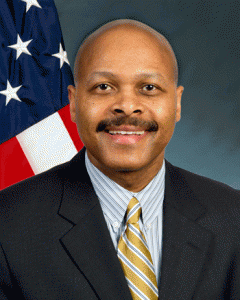
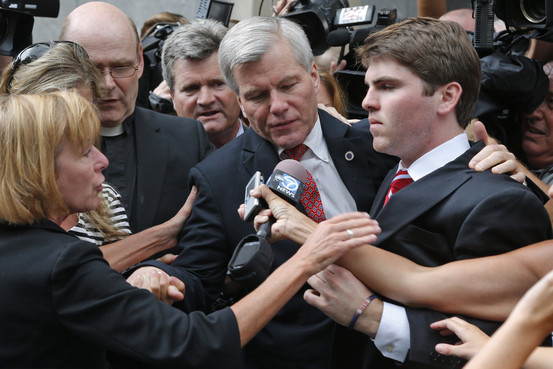

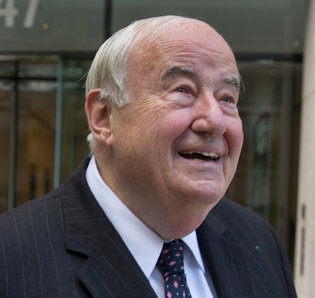

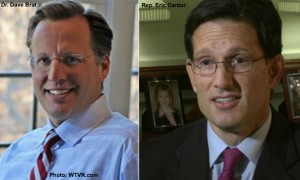


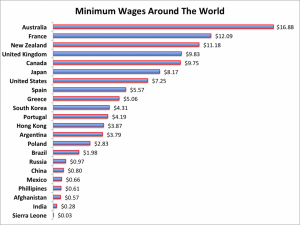


 By Peter Galuszka
By Peter Galuszka
